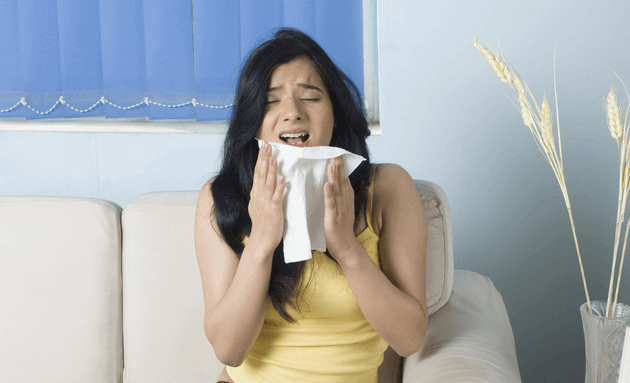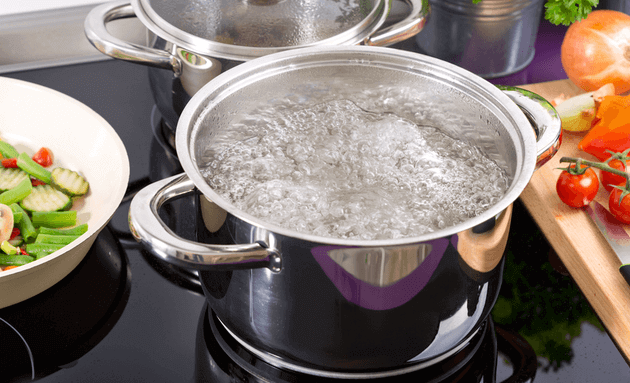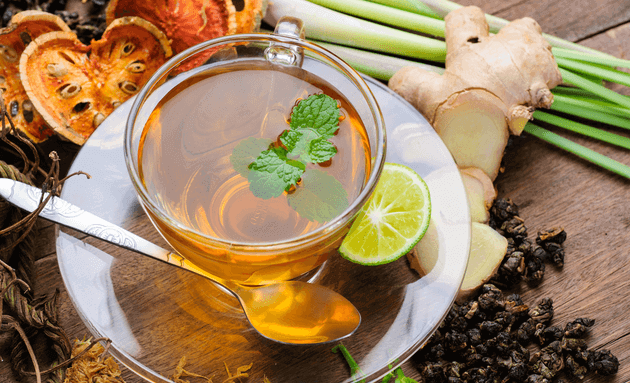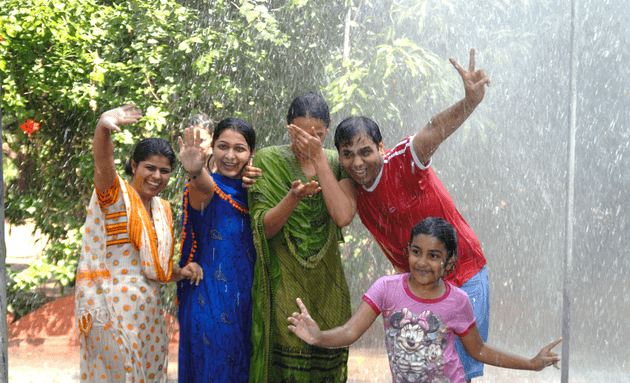How To Survive Seasonal Allergies The Natural Way

The monsoon in India is a respite from the scorching summer months. However, monsoons are also the season of allergies and are accompanied by infections, diseases. Every year, doctors have reported a significant rise in patients with allergies and other problems during monsoon. One has to tread carefully during Monsoon as it is widely known as the ‘season of allergies’.
What Are Seasonal Allergies?

Seasonal allergies, also known as ‘hay fever’ or seasonal allergic rhinitis, are symptoms that show up during the monsoons when allergens (substances causing allergies) outdoor moulds and pollen release their spores into the air to fertilise plants.
Not only that, dust storms, drop in temperature and increase in humidity can start affecting your health. When your body comes in contact with these allergens, the body’s immune system releases antibodies to fight these allergens. This, in turn, releases a chemical called histamine that causes a runny nose, watery and itchy eyes, itchy sinuses, and congestion.
Symptoms of Seasonal Allergies

Allergies grow from spores of a fungus that usually grow in dark, moist spaces like trash cans, rotting leaves, or damp places where moulds can grow easily.
Symptoms include:
- Itchy and watery eyes
- Sneezing and runny nose
- Rashes
- Wheezing
- Nasal congestion
- Coughing
How Can You Survive Seasonal Allergies Naturally?

There are a few simple steps which can be followed to battle the season of allergies.
-
Boil Water Before Consumption
Ensure you boil all drinking water before consumption. During monsoons, the water may get contaminated with different virus and bacteria. The heat helps kill the bacteria and keep you safe from infections and diseases. Furthermore, warm water can help relieve symptoms of nasal and throat congestion and save you from the cold and flu. -
Nutrition Tips

Monsoons play host to multiple diseases. A few nutritional tips this season can keep you at bay from diseases like typhoid, diarrhoea, and other gastrointestinal conditions.
-
What You Need To Do:
-
Eat foods like apples, pomegranate, corn, gram flour, chickpeas, brown rice, oats, barley, yoghurt, almonds, bitter vegetables, ginger, honey, and basil
-
Add garlic in your curries, salads, broths, and soups
-
Drink herbal teas
-
-
What You Need To Avoid :
-
Eat watermelons, muskmelons, mangoes, lassi, rice, and tamarind, cauliflower, potatoes, beans
-
Eat heavily salted, spicy, and oily foods
-
Drink caffeinated beverages like coffee and tea
-
-
-
Personal and Environmental Hygiene
Ensure you wash your hands before and after consumption of any food, or when you’re back from outdoors. Wash fruits and vegetables thoroughly before eating. Don’t let water collect in any part of the house or in your immediate surroundings. Keep food and drinks covered at all times.
-
Roll Down Your Windows While Travelling
Allergens travel through the air, so ensure your windows are rolled up while you’re driving or are in the middle of a dust storm.
-
Avoid Self-diagnosis
Common symptoms of flu and fever may go with a few home remedies, but if any symptom persists, it’s best to not self-diagnose and consult a medical expert. Over-the-counter drugs may sometimes react adversely if you have existing medical conditions. It’s advisable to consult your doctor before opting for any medication.

If reducing exposure isn't possible or is ineffective, medicines can help ease allergy symptoms. These may include decongestants, antihistamines, and nasal spray steroids. If symptoms can't be managed with medicines, the doctor may recommend an allergist or immunologist for evaluation.






